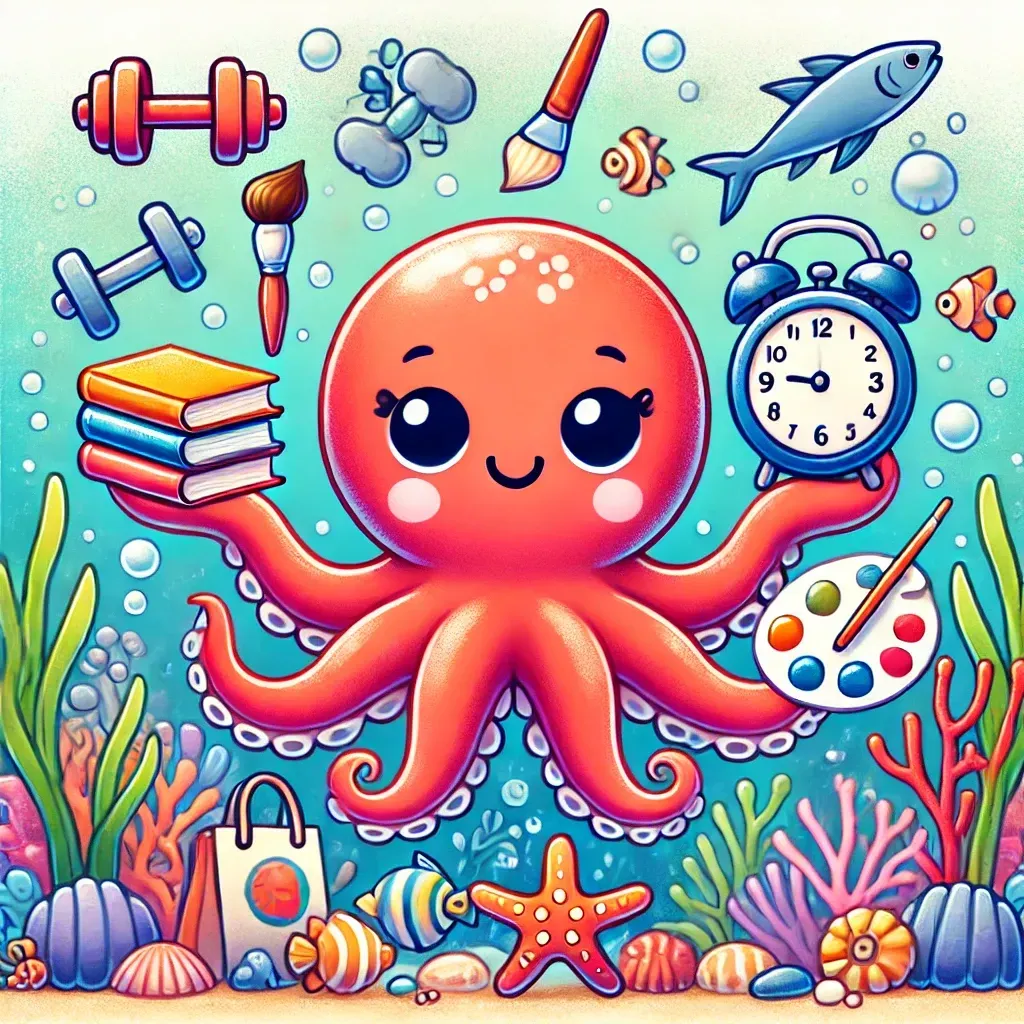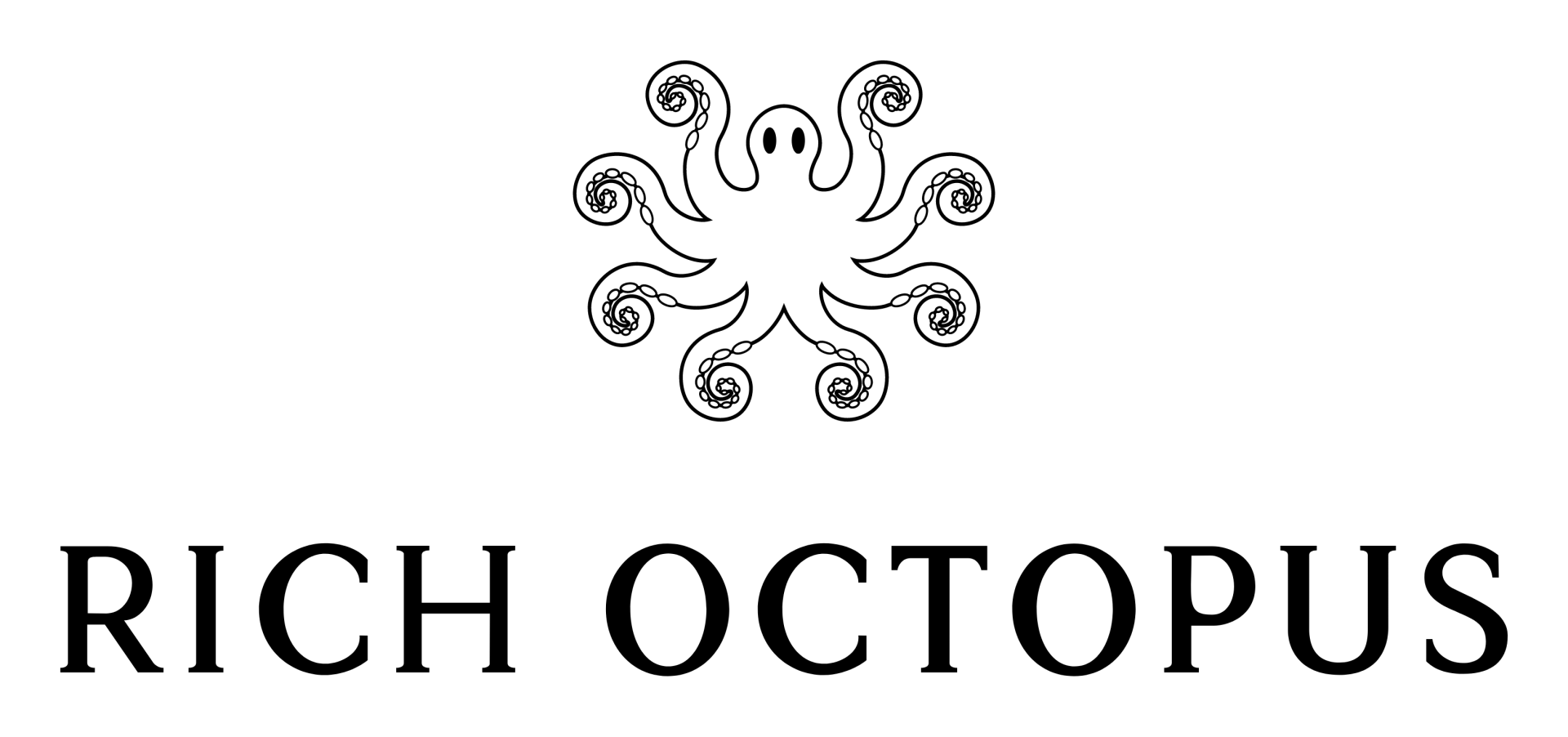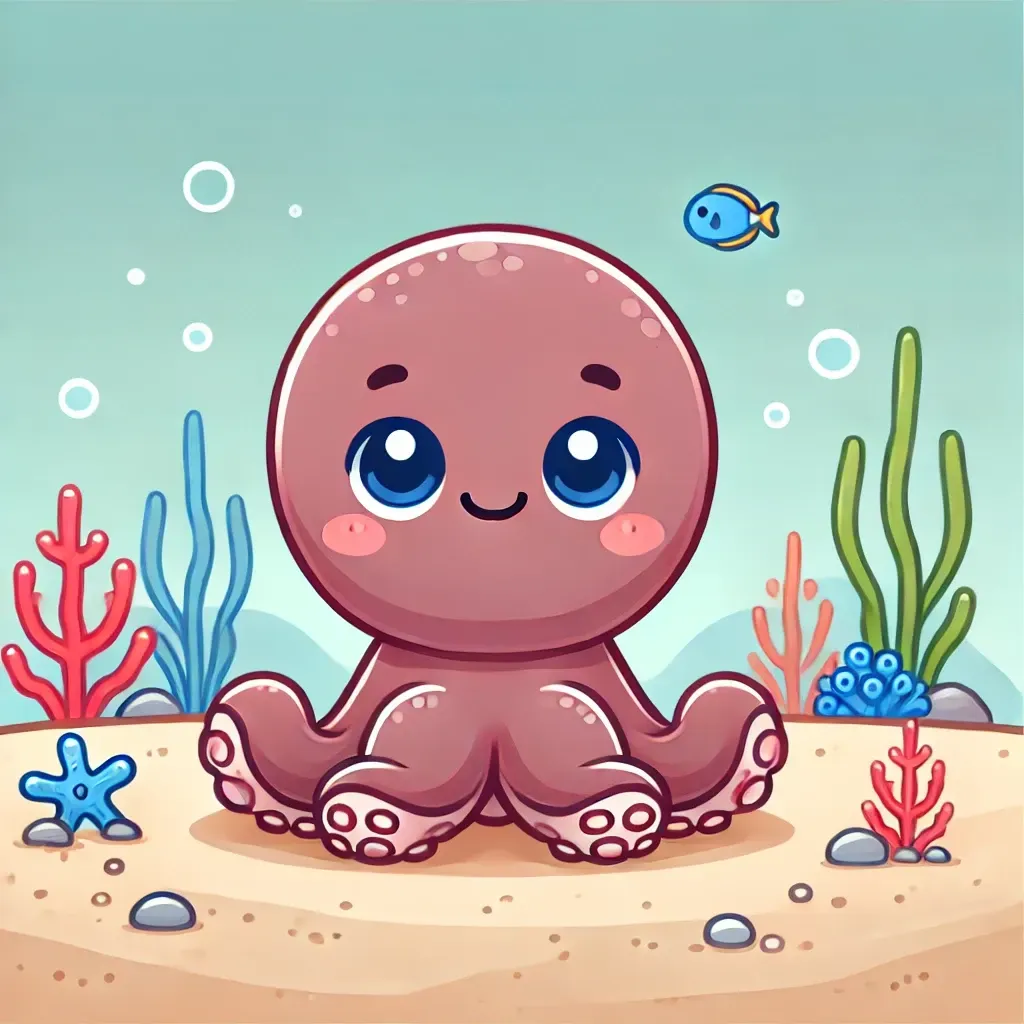ADHD x Object Permanence

- Challenge of Object Permanence: Women with ADHD often face difficulties with object permanence, leading to overlooked tasks and relationships due to distractions, not indifference.
- Impact and Discovery: This phenomenon causes significant challenges in daily life but also fosters a continuous sense of curiosity and discovery, enriching experiences and encounters.
- Effective Management Strategies: Implementing routines, setting clear intentions, and using reminders can help manage distractions and maintain focus on important personal and social commitments.
- Embracing and Sharing Neurodivergence: Recognizing ADHD's unique aspects as strengths encourages creativity and helps build supportive communities through shared experiences and strategies.
Beyond Distraction: How 'Out of Sight, Out of Mind' Shapes the Lives of Women with ADHD
Navigating life with ADHD, especially as a woman, often presents unique challenges that go beyond the common perceptions of inattention, hyperactivity, and impulsivity. One lesser-discussed aspect that profoundly affects my life is the challenge of object permanence.
Understanding Object Permanence in ADHD
Object permanence typically develops in early childhood. It's the understanding that objects and people continue to exist even when they're not in sight. For many with ADHD, maintaining a grasp on this concept can be tricky—not just with objects, but with tasks, relationships, and even hobbies.
In ADHD, this often manifests as "out of sight, out of mind." This isn't about forgetfulness or lack of care; it's about how our brains are wired to respond intensely to the immediate environment.
The Impact on Daily Life
The effects of this aspect of ADHD are significant. I've gone months without contacting people I deeply care about, not out of indifference but simply because they slipped off my immediate radar. A text message from a close friend can go unanswered for days once it's marked as read—out of sight, out of mind, indeed.
Tasks can be a similar challenge. I often find myself starting on a simple chore, only to be sidetracked by other things that catch my attention along the way. This can leave me feeling scattered and unproductive.
Finding Beauty in Every Corner
Yet, there's a beautiful side to this. My ADHD fuels a continuous sense of curiosity and discovery. Whether I'm exploring a new city or just taking a stroll through my neighborhood, every outing is filled with fascination. New coffee shops, quaint bookstores, vibrant flower shops, and tantalizing food stalls—it’s as if I'm seeing them for the first time, every time. This perpetual wonder keeps my days bright and my spirit ever youthful.
Navigating Relationships and Tasks with ADHD
Living with this kind of brain wiring requires conscious strategies to manage its challenges:
- Establish Routines: Implementing daily routines can streamline your day, minimizing the decision-making load and helping to anchor activities, which enhances focus and task completion.
- Set Intentions: Setting clear intentions provides a roadmap for your actions, aligning them with your goals and values, thus ensuring that your efforts are directed towards your most meaningful objectives.
- Regular Reflective Practices: Engaging in mindfulness or journaling can help maintain focus and keep important matters fresh in your mind.
- Create Reminders: For relationships, setting regular reminders to check in with friends and loved ones can help bridge the gaps that "out of sight, out of mind" creates.
Embracing the ADHD Brain
Understanding the unique qualities of an ADHD brain is crucial. It’s about recognizing that our differences are not just deficits but also sources of strength and creativity. The key is to embrace this neurodivergence not as a nuisance but as a different way of interacting with the world—one that can inspire others to see the magic in everyday moments.
We can teach ourselves and others to bring out the childlike wonder in everyday explorations without stepping on toes. By sharing our experiences and being honest about our challenges, we foster deeper understanding and appreciation both within ourselves and in our relationships.
Moving Forward
Living with ADHD is a journey of constant learning and adaptation. By embracing both the challenges and the unique joys it brings, we empower ourselves to lead richer, more fulfilling lives. Let's continue to explore the beauty in our differences and share the vibrancy of our perspectives with the world.
Stay curious, stay brave, and keep discovering, because every day is a new adventure.




